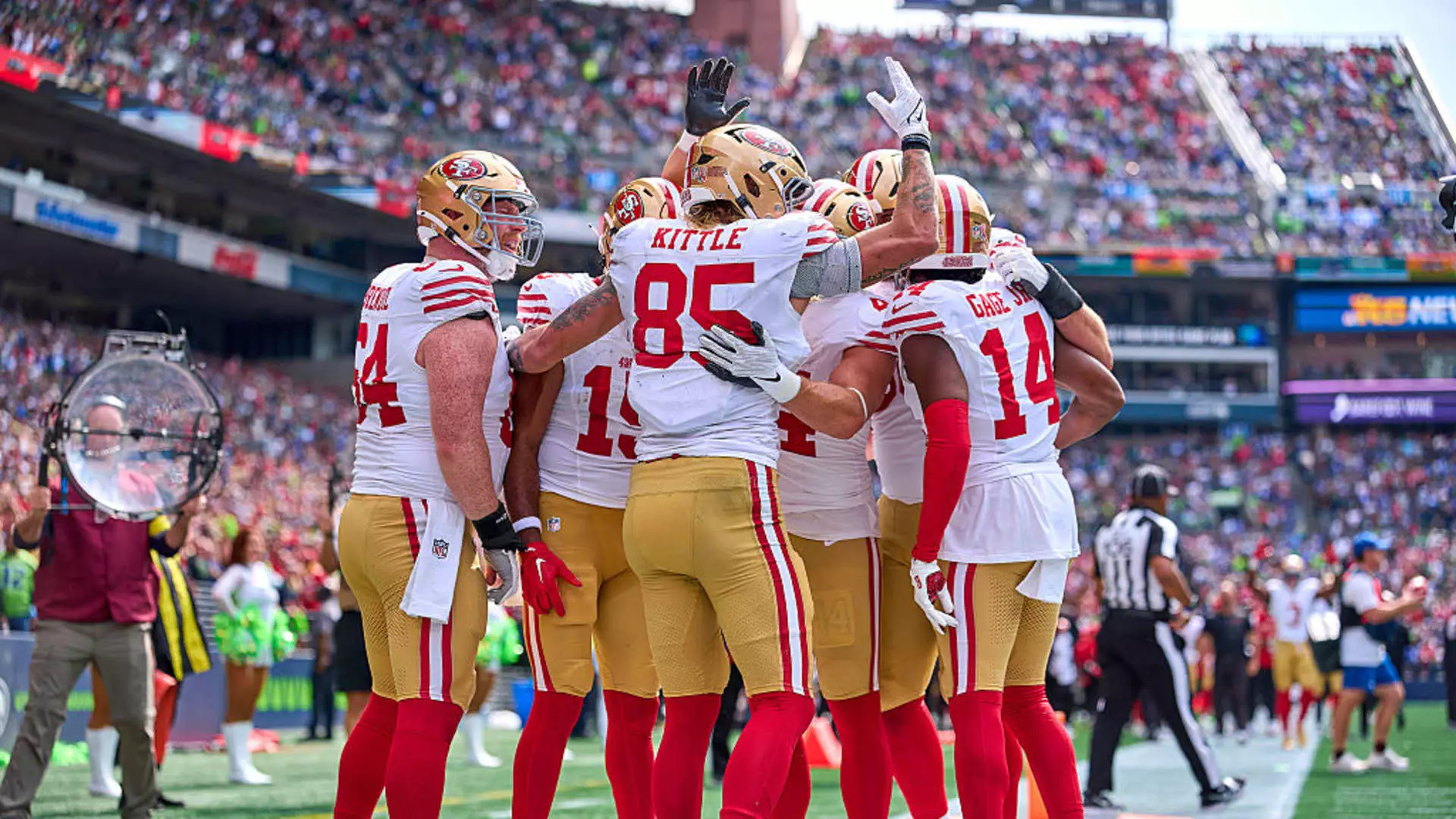In recent years, the sports industry has become a magnet for the ultra-wealthy, yet beneath this shiny veneer lies a complex narrative of risk, passion, and questionable long-term viability. Wealthy families and investment firms are increasingly drawn to sports assets—not because of a proven track record of financial returns, but because of the cultural cachet, emotional appeal, and perceived prestige that such investments confer. This creates a paradox: while the market appears vibrant, the reality reveals not a sustainable financial strategy but a high-stakes gamble driven by social status and personal passion.
Rather than representing wise diversification, many of these sports investments are more akin to vanity projects. For billionaires and family offices craving relevance, owning a stake in an NFL team or a basketball franchise is less about the numbers and more about the narrative. The enthusiasm, exemplified by high-profile investments like the New York Giants or the Los Angeles Lakers, masks the fragility of such assets’ financial models. What’s especially troubling is the tendency to ignore fundamental profitability; these ventures often rely on future equity appreciation, not currently sustainable cash flow, highlighting their speculative nature—yet many investors act as if they’re pursuing a safe haven.
Is Passion Clouding Rational Investment Decisions?
The allure of sports may resonate deeply on a personal level for affluent investors, but it raises questions about the rationality of such pursuits. Analyst Meena Flynn’s comments suggest that family offices are attracted to sports for the “long-term value creation,” yet history shows that sports franchises tend to be volatile and unpredictable assets. Their valuation often outstrips their actual financial performance, fueled by emotional attachment, media hype, and a love for the game rather than sound economic fundamentals.
Investors’ interest in newer and emerging leagues, like women’s sports or pickleball, starkly contrasts with their limited appetite. Only 19% of surveyed family offices had invested or were interested in established women’s leagues, while a majority still bet heavily on men’s traditional major leagues. This discrepancy underscores a reluctance to embrace change or recognize the game’s evolving landscape, perhaps indicating a herd mentality driven more by prevailing narratives than by strategic foresight. It’s as if the market’s interest in growing sports fields remains aspirational rather than practical, with many investors waiting on the sidelines, armed with the hope that these emerging leagues will become profitable in the long run—an uncertain gamble.
Financial Realities Versus Image-Driven Valuations
The entertainment value of sports is uncontested, yet the financial implications are often distorted. Many owners and investors leverage their sports holdings to diversify their portfolios into related sectors—like betting, media, and social clubs—transforming sports into a sprawling ecosystem of revenue streams. But these ventures are rarely straightforward; they’re often battlegrounds for market share, regulation, and shifting consumer preferences.
The image of billionaires effortlessly growing sports empires belies the underlying fragility of these models. The narrative that investing in teams or leagues guarantees future wealth overlooks the reality that many assets are over-valued and susceptible to economic downturns or scandals. For instance, the mega-rich like Blackstone’s David Blitzer diversify within the sports realm, but these efforts are driven by strategic diversification, not guaranteed profits. If anything, the current surge in sports investing is driven by a desire to craft a legacy rather than ensure financial security.
Are We Truly Prioritizing Long-Term Value or Just Following Fad?
The investment trend in sports reflects a broader cultural obsession, but history warns us that fads in high-profile assets often dissolve quickly when the underlying economics unravel. For some, these investments are not about making money but about designing a new form of social capital, a way to cement their influence and relevance in elite circles. Modern billionaire investors see sports as a means of wielding soft power, leveraging team ownership as a symbol of achievement rather than a reliable income source.
Furthermore, the current enthusiasm for diversifying into entrepreneurial sports ventures—like fantasy media, social clubs, or niche leagues—appears to gloss over the substantial risks involved. Many of these investments are heavily reliant on the growth of ancillary markets and future trends that are far from certain. While some view sports as inflation hedges, it’s hard to ignore the speculative nature of these assets and their susceptibility to shifts in consumer entertainment preferences.
In the end, the high-stakes sports investment frenzy reveals more about the values of an elite class seeking social validation than a pragmatic approach to wealth management. While passion and prestige have their place, they should not obscure the fundamental need for responsible, analytically driven investment strategies—yet this often gets lost amidst the roaring excitement of the next big sports deal.

